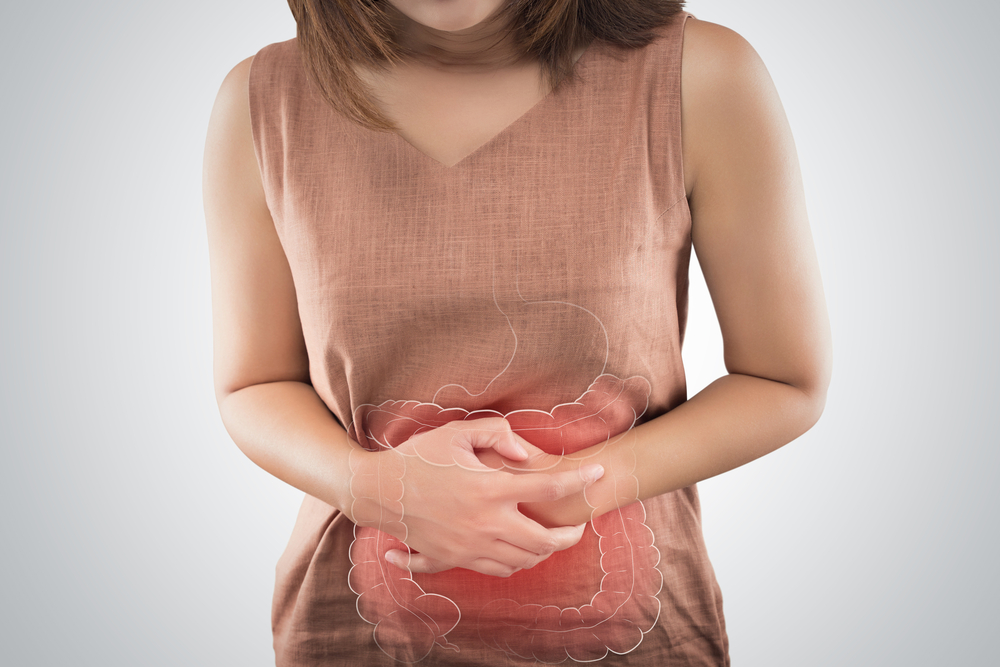The Types Of Colon Polyps And Their Prevention
The types of colon polyps and their prevention
Growths that occur on the inner lining of the colon (large intestine) and usually protrude into the colon are known as colon polyps. They form when the genetic material within the cells that line the colon changes and becomes abnormal. Under normal circumstances, the immature cells that line the colon multiply, mature, and then die in a timely fashion.

On the other hand, the genetic changes in the lining cells prevent the cells from maturing, and they don’t die. Resultantly, immature and genetically abnormal cells start accumulating in the colon, eventually resulting in the formation of polyps. This article intends to raise awareness about colon polyps, its types, symptoms, diagnosis, the colon polyps – causes, and more.
What are the types of colon polyps?
- Inflammatory colon polyps : Also known as false polyps, it is mostly found in people who have inflammatory bowel diseases (IBD), such as Crohn’s disease or ulcerative colitis. These polyps are inflammatory manifestations of IBD, are benign, and are unlikely to become cancerous.
- Adenomatous colon polyps : Also known as adenomas, this type of colon polyps make up about 70% of all polyps found in the colon. They can become cancerous, but the process takes years.
- Hyperplastic colon polyps : The term hyperplasia means fast growth, which indicates an abnormal increase in the number of cells resulting in the gross enlargement of the colon polyp. Despite the rapid growth, hyperplastic polyps have a low risk of turning cancerous.
- Villous adenoma : This type of colon polyp has a greater potential of becoming cancerous. It is estimated that approximately 30 percent of villous adenomas develop into a malignancy. These polyps require surgery for the removal of their cauliflower-like protrusions.
What are the causes of colon polyps?
- Experts are not sure about the colon polyps – causes.
- However, the causes are believed to be a mix of environmental and genetic factors that result in an abnormal tissue growth.
What are the known risk factors of colon polyps?
- Age : The risk of developing colon polyps tends to increase with age.
- Family history : A close relative with colon cancer or polyps raises the risk.
- Sex : Men have a slightly higher chance of developing polyps.
- Race : Black men and women have a higher risk.
- Alcohol : Alcohol consumption is closely linked to colon cancer risk and is known as one of the colon polyps – causes.
- Red meat : If not had in moderation, red meat can serve as one of the colon polyps – causes. Having too much red meat increases the risk of colorectal cancer as well.
- Lack of dietary fiber : A good intake of fiber has many benefits, including colon benefits. It decreases the risk of colon cancer.
- Smoking : Smoking increases the risk of all types of cancers, and colon polyps or cancer is no exception.
- Obesity : Obese people are at higher risk of developing colon polyps and cancer.
How are colonic polyps diagnosed?
The following tests help diagnose colon polyps:
- Colonoscopy
- Sigmoidoscopy
- Barium enema
- CT colonography
- Stool test
What are the symptoms of colon polyps?
- Change in stool color
- Rectal bleeding
- Iron deficiency
- Anemia
- Change in bowel habits
- Abdominal pain
- Blood in the stool
- Fatigue
How common are colon polyps?
- They are very common.
- They increase in prevalence as people age.
- If one has colon polyps, they are more likely to develop polyps elsewhere in the colon later.
- Only a small proportion of polyps cause symptoms or signs, which usually are the result of bleeding from the polyp.
How can colon polyps be prevented?
- Adopt healthy habits : Adopt healthy habits and increase the intake of fruits, vegetables, and whole grains. Limit fat intake, alcohol consumption, and quit tobacco. Stay physically active and maintain a healthy weight. Avoid all the estimated colon polyps – causes.
- Seek advice if at high risk : If there’s a family history of colon polyps or its other risk factors affect one, seeking prompt medical advice and counseling is important. With regular colonoscopies, one can prevent the colon polyps – causes from developing, and hence preventing the colon from developing.


